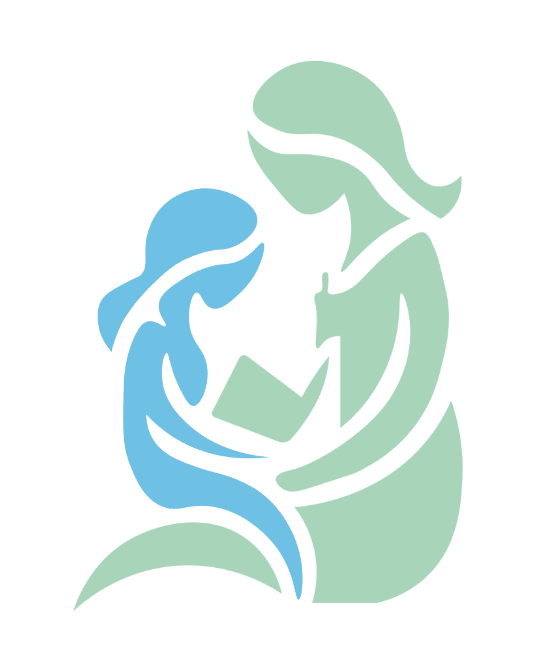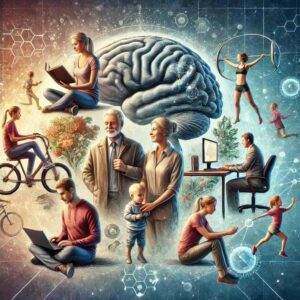🌟 The Science of Thriving: Unlocking Meaning, Growth, and Fulfillment
What if you could gain a deeper understanding of yourself and the world—one that empowers you to face challenges with confidence, build stronger relationships, and uncover meaning in everyday life—all for free, with just a little dedicated practice? 🌈 That’s what’s on offer today!

Inspired by the groundbreaking work of Dr. John Vervaeke, this article introduces you to his brillant framework: The Four Ways of Knowing. 📚
Most of us think of knowledge as facts or skills—what we know and how we do things. And while that is true and important, Dr. John Vervaeke reveals that true transformation lies in how we perceive and connect with the world around us. He highlights that this requires different kinds of knowing.
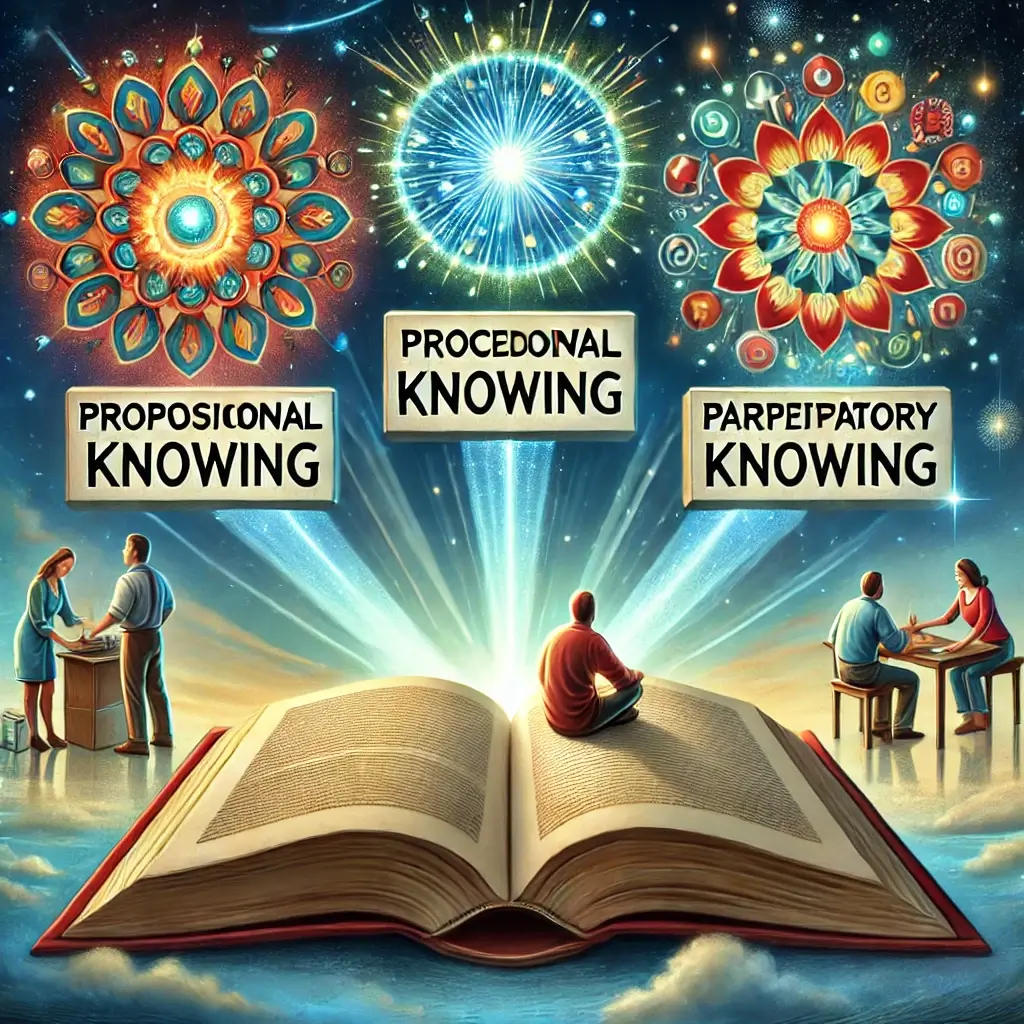
Dr. John Vervaeke is a world-renowned expert on wisdom and intelligence, a celebrated professor, and a brilliant cognitive scientist, so his insights deserve serious attention. He reveals that there are actually four ways to know and engage with the world, and they are:
1️⃣ Propositional Knowing – Understanding facts. 📖
2️⃣ Procedural Knowing – Developing skills. 🛠️
3️⃣ Perspectival Knowing – Seeing through different lenses. 👓
4️⃣ Participatory Knowing – Deeply engaging with life. 🌐
While Dr. Vervaeke points out that all four ways of knowing are important, most people readily understand the value of propositional knowledge (understanding facts) and procedural knowledge (developing skills). However, he brilliantly explains that the other two ways of knowing—perspectival and participatory—are vastly underappreciated. And that’s the kicker, because these two forms of knowing, as he rigorously explains and demonstrates with evidence, offer far greater meaning and value to our lives.
If you’re seeking deeper connection and a richer sense of purpose in the world, paying attention to these two ways of knowing is crucial.
Today, we’ll focus on perspectival and participatory knowing—the two forms that Dr. Vervaeke believes can have the biggest impact on our lives, provided we actively train them. And that’s key: practice is essential to develop these ways of knowing. But true to his brilliance, Dr. Vervaeke doesn’t just point out the problem—he offers solutions. His insights are grounded in both rigorous science and practical wisdom, giving us tools to enhance these underappreciated ways of engaging with the world.
Let’s dive in and explore how these overlooked forms of knowing can unlock your full potential. 🚀
Perspectival Knowing: Seeing Through Different Lenses 👓

What It Is:
Perspectival knowing is the ability to see the world through multiple perspectives. It’s about recognising how your emotions, beliefs, and context shape your view—and appreciating how others see things differently. 🌍
Research by Igor Grossmann and studies on the Solomon Effect highlight why this is so powerful. The Solomon Effect explains why we often give better advice to others than we apply to ourselves: emotional distance allows for greater objectivity, enabling us to see situations more clearly when we step outside our own perspective.
Basically, we all love our own perspective—it’s comfortable and familiar. But when it clashes with others, it can lead to misunderstandings and conflict. By learning to take multiple perspectives, you can transform your life, reduce friction, and boost your happiness.
Why It’s Important:
Training your perspectival knowing can enhance empathy, creativity, and adaptability in profound ways. Here’s how:
- Solve problems more creatively: Seeing situations from different angles helps you find innovative solutions. 🔍
- Reduce stress: Gaining clarity through multiple perspectives makes challenges feel less overwhelming. 🕊️
- Strengthen relationships: Understanding others’ viewpoints fosters deeper connection and trust. ❤️
When you actively practice taking on new perspectives, you’ll unlock the ability to approach life with greater balance, insight, and emotional resilience. 🌟

How to Improve It:
1️⃣ Practice Mindfulness:
Learn to observe your thoughts and emotions without judgment. This helps you become more aware of how your perspective is shaped.
- Start with 5–10 minutes of focused breathing each day. 🌬️
- When emotions arise, label them (e.g., “worry,” “curiosity”) to gain clarity and distance from reactive thinking.
2️⃣ Perspective Switching:
Train yourself to see situations through different lenses.
- Try the Three Lenses Exercise:
- Your lens: What are your needs, feelings, and biases?
- Their lens: What might the other person experience?
- An outsider’s lens: What would a neutral observer notice? 👓
3️⃣ Empathy Exercises:
Deepen your understanding of others by practicing active listening.
- Avoid interrupting; instead, ask open-ended questions to explore their perspective.
- Reflect on their emotions with genuine curiosity to strengthen connections. ❤️
By training yourself to adopt multiple perspectives, you can overcome many of life’s challenges. 🌍💭 This practice fosters greater empathy, ❤️ enhances clarity, 🔍 and reduces impulsive reactions in everyday situations.
You’ll no longer be limited by a single viewpoint but will approach life with greater flexibility, creativity, and understanding. The scientific and practical benefits of developing this skill are clear—and it’s one of the most powerful ways to create a more meaningful and connected life. ✅
Now, let’s explore the other key way of knowing that Dr. Vervaeke shows us can be truly transformative with practice. 🚀
Participatory Knowing: Connecting Through Experience 🌐
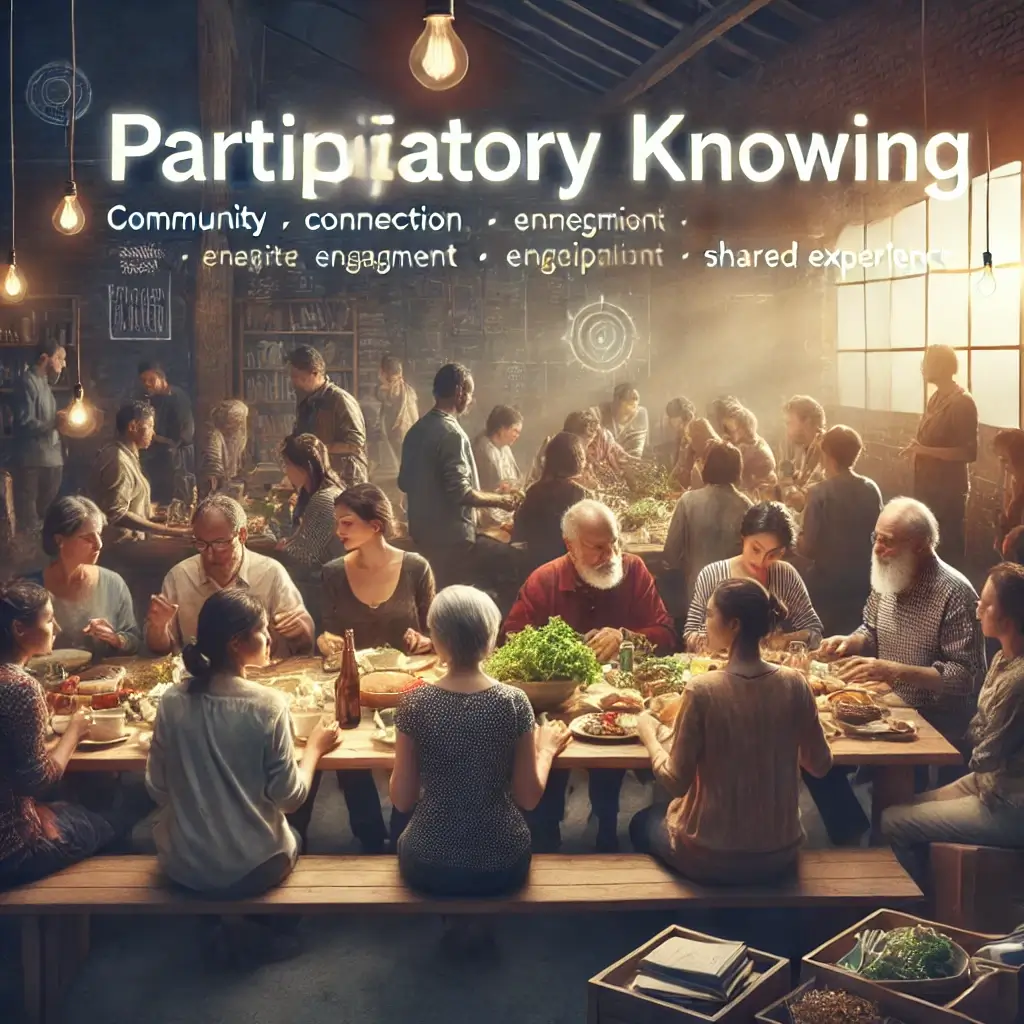
What It Is:
Participatory knowing is about deeply engaging with the world and cultivating a sense of connection and presence. It allows you to feel at ease in social situations, intuitively understand group dynamics, and fully immerse yourself in meaningful experiences.
Why It’s Important:
Participatory knowing is the foundation of meaning, joy, and belonging. 🎉 It’s what makes life feel vibrant, alive, and purposeful.
Here’s a simple way to think about it:
- Recall a time when you were part of a truly engaging, flowing conversation—both people contributed equally, no one dominated, and you both walked away feeling inspired and uplifted. 😊
- Now, compare that to a time when someone talked at you, dominating the exchange without allowing meaningful participation. You probably left feeling drained, disconnected, and maybe even a little unseen. 😞
Dr. Vervaeke highlights how the way we participate in the world—whether it’s in conversations, group settings, or personal experiences—has a profound impact on our sense of joy, meaning, and connection. 🌟 When we engage fully and authentically, life becomes richer, more fulfilling, and deeply connected.
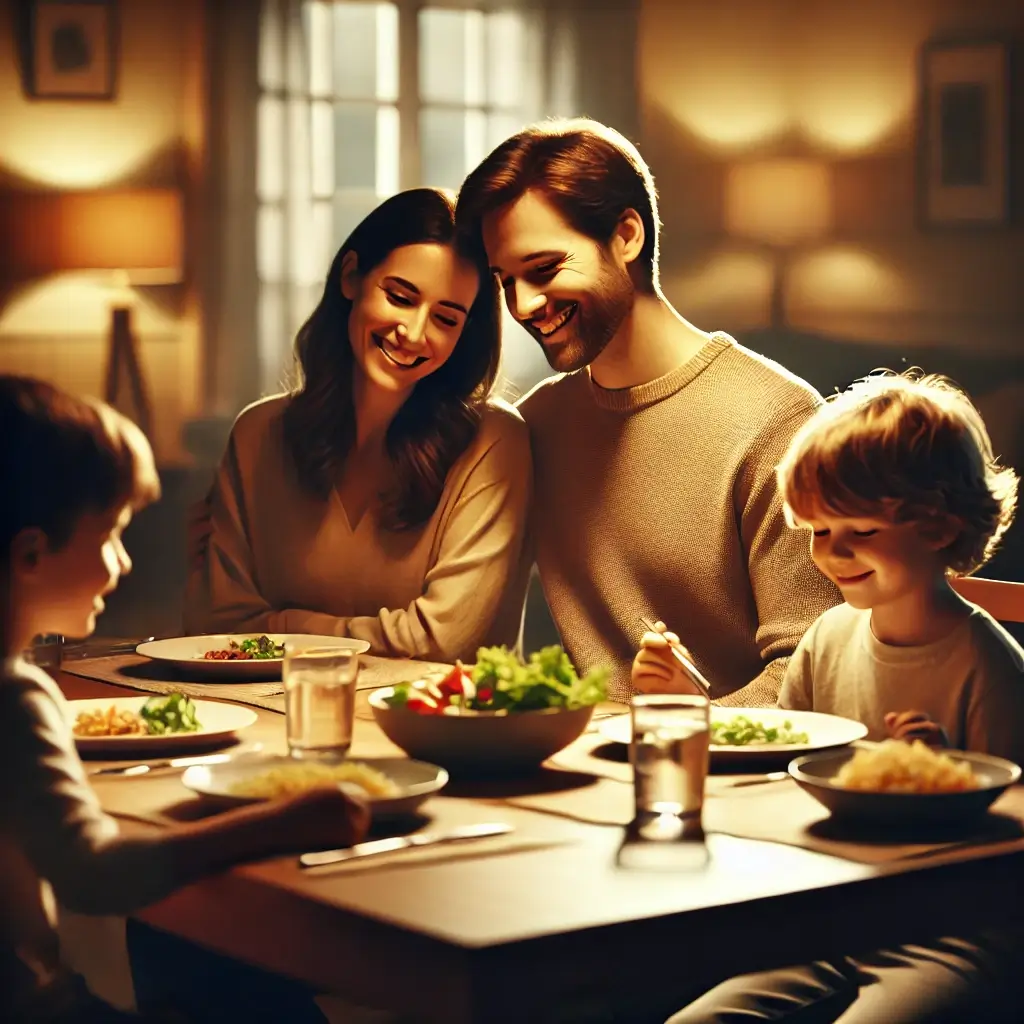
How to Improve It:
1️⃣ Engage in Flow Activities:
Immerse yourself in activities that fully capture your attention and energy, helping you feel present and connected.
- Choose activities that both challenge and excite you, like dancing, painting, or writing. 🎶
- Dedicate uninterrupted time to focus solely on the process, not the outcome. 🌊
2️⃣ Create Rituals:
Bring deeper meaning to your daily routines by turning them into intentional rituals.
- Start small: Reflect on gratitude, light a candle in the evening, or begin your day with morning yoga. 🕯️
- Share these rituals with loved ones to strengthen bonds and create shared moments of meaning. 🎉
3️⃣ Share Experiences:
Connection thrives when we celebrate together and explore new activities with others.
- Spend time with friends or family doing things you love, like trying new hobbies, cooking together, or simply enjoying a walk in nature. 🌈
- Shared experiences build joy, strengthen relationships, and deepen your participatory engagement with the world.
feel richer, more meaningful, and deeply connected to others. 🌟
Dr. Vervaeke’s work highlights how engaging in flow activities—like playful, immersive tasks—not only fosters mindfulness 🧠✨ but also helps us show up fully in all areas of our lives. These skills translate into a deeper ability to connect, engage, and participate meaningfully in the world.
One of the best ways to see this in action is to visit Dr. Vervaeke’s YouTube Channel. Watch how one of the world’s most brilliant minds engages in conversations with others. 🌟 There’s no arrogance—just authentic brilliance, genuine happiness, and full engagement. His way of participating is rare in today’s world, but once you witness it, you’ll recognise it as something you’d want more of in your own life.
As the saying goes, the proof is in the pudding! 🎥🍮 Seeing participatory knowing in action is the first step to understanding its transformative power.
Transformative Insights🧠

I hope this brief introduction to the four ways of knowing has shown how transformative these skills can be.
By improving perspectival knowing, you gain the ability to seamlessly shift between different perspectives, enabling you to navigate life with greater clarity and less frustration. Instead of being stuck in the emotions or challenges of a single viewpoint, you can step back, recalibrate, and approach situations with balanced understanding. This skill helps you tackle conflicts and uncertainties with calmness, creativity, and confidence. 🌟✨
Similarly, by strengthening participatory knowing, you cultivate a profound sense of connection with the world around you. 🌍 Dr. Vervaeke describes this as finding ease in any situation—whether you’re engaging with a group, immersing yourself in nature, or participating in shared rituals. 🕊️ Participatory knowing builds confidence, strengthens relationships, ❤️ and deepens your sense of belonging, allowing you to experience life more fully.
When these ways of knowing are nurtured, they unlock a richer, more connected, and meaningful way of engaging with the world. 🌈💡
Final Thoughts: Transform Your Life Through Knowing 🌟

Life isn’t just about accumulating facts or mastering skills—it’s about how we perceive and engage with the world. 🌍 By embracing perspectival knowing and participatory knowing, you can unlock a deeper understanding of yourself and others, navigate challenges with clarity, and rediscover joy in the present moment. ✨😊
These two ways of knowing aren’t just tools—they’re transformative practices that build resilience, 💪 foster meaningful connections, ❤️ and uncover purpose in everyday life. And the beauty of this journey? It doesn’t stop with you. When you cultivate these practices, you naturally inspire and empower those around you—helping loved ones thrive in ways they might never have imagined. 🌈🌟
The key is to start small. Be curious. 🔍 Take the first step by exploring Dr. Vervaeke’s groundbreaking work for deeper insights and actionable guidance. The more you practice, the more you’ll realise the profound, life-changing power of these concepts—not just for yourself, but for the people whose lives you touch. 💫🤝
Did you enjoy this guide? Help others discover the Getting to Give Project by sharing it! 🌟 Your support allows more people to access science-backed resources that empower growth and resilience. Thank you for reading! 🙌!
📚 Further Reading
John Vervaeke’s “Awakening from the Meaning Crisis” – A YouTube lecture series that dives into the four ways of knowing, exploring how they relate to meaning-making, personal development, and cognitive science.
Watch on YouTube
Article: “John Vervaeke’s Brilliant 4P/3R Metatheory of Cognition” This article provides an overview of Vervaeke’s model, discussing the different kinds of knowing and their implications for cognition. Psychology Today
YouTube Video: “John Vervaeke | The Four Kinds of Knowing”This video features Dr. Vervaeke explains the four kinds of knowing in a concise format. YouTub
Andy Clark’s “Surfing Uncertainty” – Explores Predictive Processing Theory, providing insights into how the brain processes information and forms mental models, supporting propositional and procedural knowing.
Read more on Google Books
